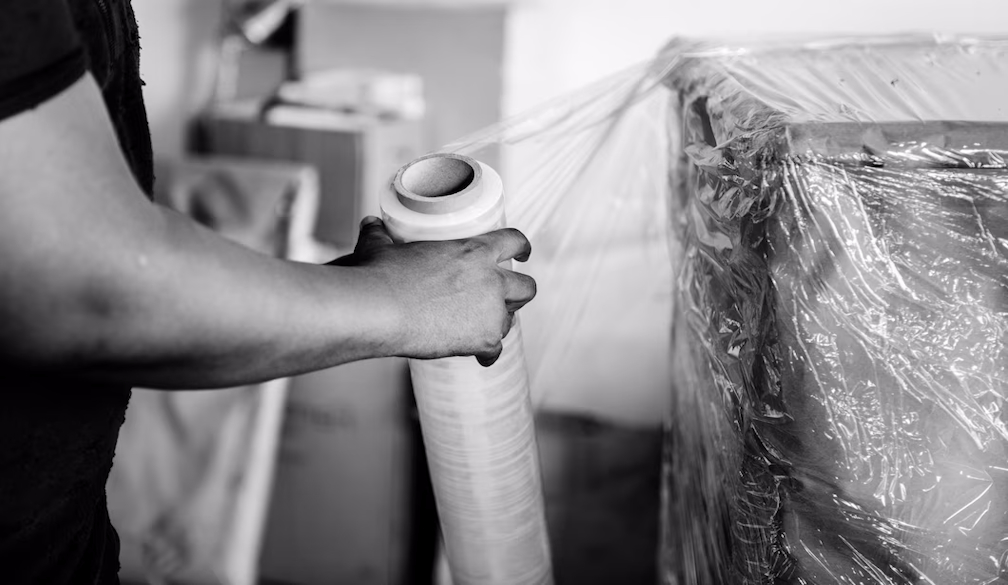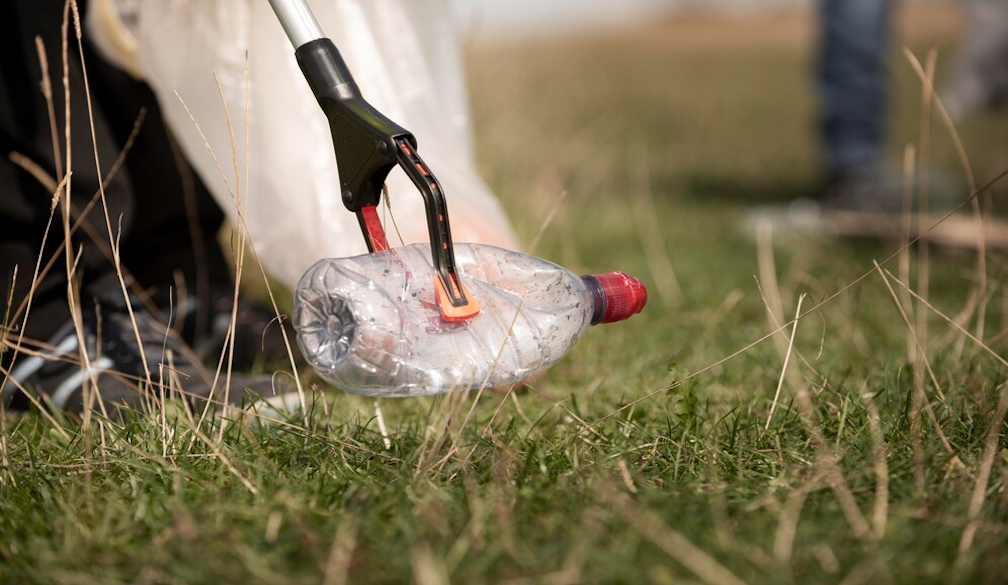Innovative Uses for Shrink Wrap: Beyond Standard Packaging Applications

Shrink wrap has long been recognised as a versatile and effective packaging material, widely used to protect products during storage and transportation. However, its utility extends far beyond traditional packaging applications. In recent years, creative minds and industries have found innovative uses for shrink wrap that leverage its unique properties and capabilities. This article explores some of these innovative uses, highlighting how shrink wrap is pushing boundaries beyond standard packaging.
Enhanced Product Presentation
Retail Display
Shrink wraps are increasingly used in retail environments to enhance product presentation. By shrink wrapping products together, retailers can create attractive and cohesive displays that showcase items effectively. This approach not only improves the visual appeal of products but also provides a secure and tamper-evident packaging solution.
Gift Wrapping
Shrink wrap has gained popularity as a modern alternative to traditional gift wrapping paper. It offers a sleek and professional appearance, allowing gifts to be elegantly presented while ensuring they remain protected. Shrink wrap’s transparency also allows the contents to be visible without compromising the surprise element.
Protection and Preservation
Weatherproofing
Shrink wrap is utilised in construction and marine industries for weatherproofing purposes. Large-scale shrink wrapping is applied to buildings, scaffolding, and boats to protect them from rain, wind, and UV rays. This temporary barrier helps maintain the integrity of structures and equipment during construction or storage.
Preservation of Artwork and Documents
Archivists and collectors use shrink wrap to preserve valuable artwork, documents, and historical artefacts. Shrink wrap provides a protective layer that shields delicate materials from dust, moisture, and handling damage. Its transparent nature allows for easy visual inspection without compromising the integrity of the items.
Industrial Applications
Containment and Encapsulation
Shrink wrap is employed in industrial settings for containment and encapsulation purposes. It is used to encapsulate machinery, equipment, and components, providing protection against corrosion, contamination, and environmental factors. Shrink wrap’s tight seal ensures that enclosed items remain secure and unaffected by external conditions.
Insulation and Heat Shrink Tubing
In the electrical and plumbing industries, heat shrink tubing is a specialised form of shrink wrap used to insulate wires, cables, and pipes. When heat is applied, the tubing shrinks tightly around the object, forming a durable and protective seal. This insulation helps prevent electrical shorts, corrosion, and moisture ingress, ensuring the longevity and reliability of installations.
Agricultural and Horticultural Uses
Greenhouse Covering
Shrink wrap is employed as a cost-effective greenhouse covering material. It creates a transparent barrier that traps heat and regulates humidity, creating optimal growing conditions for plants. Shrink wrap’s durability and UV resistance make it suitable for long-term greenhouse applications, providing protection against harsh weather and pests.
Palletising and Bundling
In agriculture and horticulture, shrink wrap is used to palletise and bundle harvested crops, produce, and nursery stock. By securely wrapping items together, shrink wrap facilitates easier handling, storage, and transportation. It helps prevent product damage and loss during distribution, ensuring that goods arrive at their destination in optimal condition.
Creative and Recreational Uses
Artistic Installations
Artists and sculptors utilise shrink wrap as a medium for creating temporary or permanent artistic installations. Its malleable nature allows for unique forms and shapes to be created, while its transparency can enhance the visual impact of artworks. Shrink wrap’s ability to conform to surfaces and textures makes it a versatile choice for experimental and large-scale art projects.
DIY Projects and Crafts
Shrink wrap is a favourite material among hobbyists and DIY enthusiasts for a variety of craft projects. From creating customised phone cases and jewellery to encapsulating pressed flowers and artworks, shrink wrap offers endless possibilities for creative expression. Its ease of use and ability to shrink uniformly make it suitable for intricate and detailed crafting.
Environmental Considerations
As the demand for sustainable packaging solutions grows, innovations in eco-friendly shrink wrap are emerging. Biodegradable and recyclable shrink wrap options are being developed to reduce environmental impact and support sustainable practices. These alternatives maintain the beneficial properties of traditional shrink wrap while offering a greener choice for businesses and consumers alike.
Conclusion
Shrink wrap continues to evolve beyond its traditional role in packaging, demonstrating its versatility and adaptability across various industries and applications. From enhancing product presentation in retail settings to providing weatherproofing solutions in construction, shrink wrap offers practical benefits that extend far beyond standard packaging applications. As innovations in materials and technology advance, the potential for shrink wrap to address new challenges and opportunities continues to grow. Whether in industrial settings, artistic endeavours, or everyday DIY projects, shrink wrap remains a valuable tool for protecting, preserving, and enhancing a wide range of products and materials.









